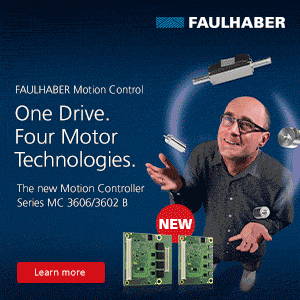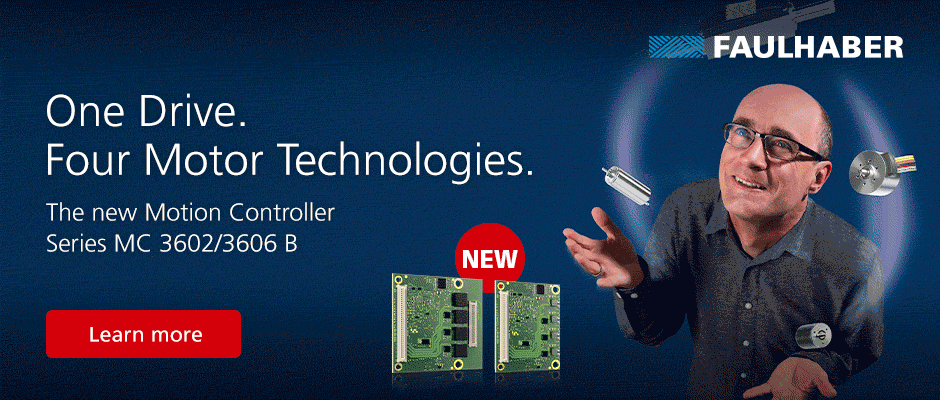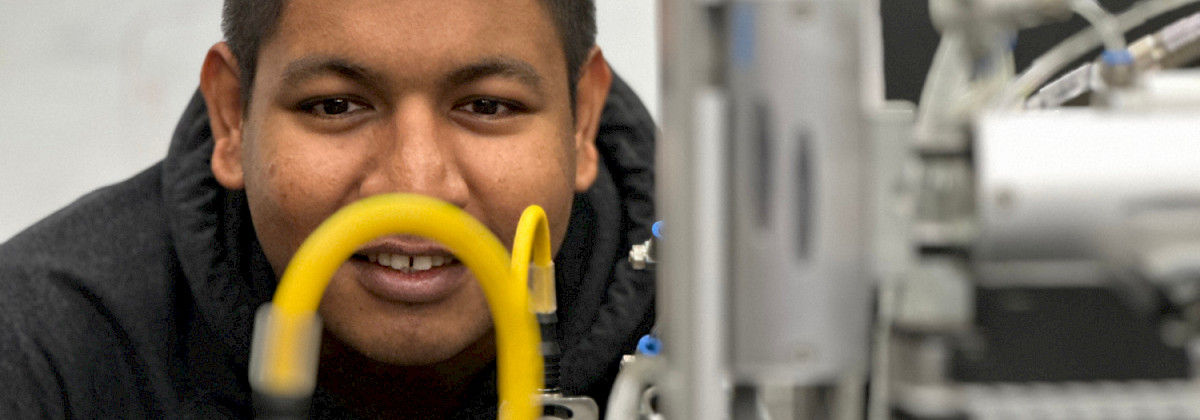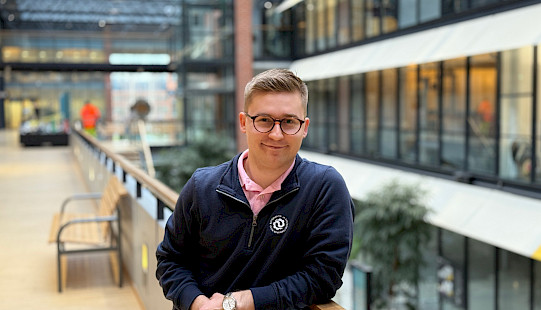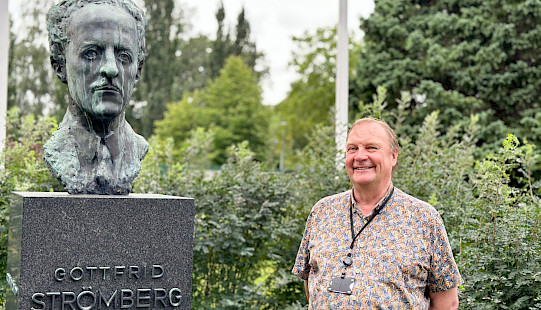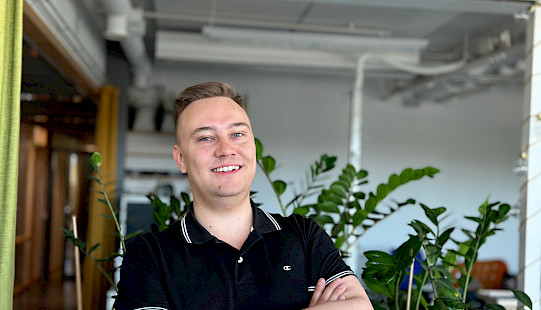Automaatioalan tekijä Pranay Jhunjhunwala
Finland needs international talent. Fortunately, word of our education system and research opportunities has reached far and wide. Pranay Jhunjhunwala is one of those who has heard the call.
- Teksti + Kuva:
- Otto Aalto / Päätoimittaja
- Julkaistu:
Mr. Jhunjhunwala studied his bachelor’s in Electronics and communication engineering at VIT University, Vellore India from 2015 to 2019. While doing his bachelors, he did a few internships related to Industrial Automation, which pushed him towards a master’s degree in electrical engineering and Automation at Aalto University.
“One of our core courses related to Industrial Automation connected me to Professor Valeriy Vyatkin, under whom I did a research and teaching assistant followed by my master’s thesis. During this phase of research, my interest developed deeper, and I continued for my Doctoral studies with Professor Vyatkin”, Jhunjhunwala says.
Interest developed early
“My interest for Industrial automation started when I was a kid. The real interest developed when I did my internship with various automation companies during my Bachelor’s. To pursue it deeper at the level of a doctoral study was motivated by the growing need and the drastic change in the industrial automation domain.”
“My interests include distributed automation and industrial informatics, the IEC 61499 standard, soware engineering for flexible and modular industrial automation systems, distributed architectures, and multiagent systems.”
“During the automation course in my master’s at Aalto, we were taught about a new standard by Professor Vyatkin, and the introduction to IEC 61499 intrigued me so that it eventually resulted in going ahead with my doctoral studies.”
Focus on flexibility
“In my doctoral studies, I am researching various Industry 4.0 standards to improve software to support flexibility, modularity, reconfigurability in various industrial automation domains. Spending more than five years with this technology and performing intensive research, has prepared me for future. My nearest goal is to finish my doctoral studies by 2025 and then gain some industrial experience working with the R&D divisions of leading automation companies. I hope to forge my career within the automation industry in the future”, Jhunjhunwala says.
“Over the last major years, automation and IT have not been very flexible. For example, if you buy a controller from one supplier you are committed to that supplier for the software, support and maintenance for a long time. But in the last 10 years newer automation standards such as the IEC 61499 have been promoted by several companies and various research institutes across the world. The new standard of automation focuses on breaking this vendor lock, by having an open runtime compatible with devices from various vendors. This enables a much smoother IT and OT integration of different components thereby achieving the goals of the Industry 4.0 era.”
“In my opinion, the current trends are moving towards reduction of the gap between IT and OT components. Various open ended communication protocols such as OPC-UA, MQTT, RESTapi are taking over the automation industry. Furthermore, the integration to the cloud, adding AI capabilities to automation, the use of industrial 5G networks is the focus of the industry now.”
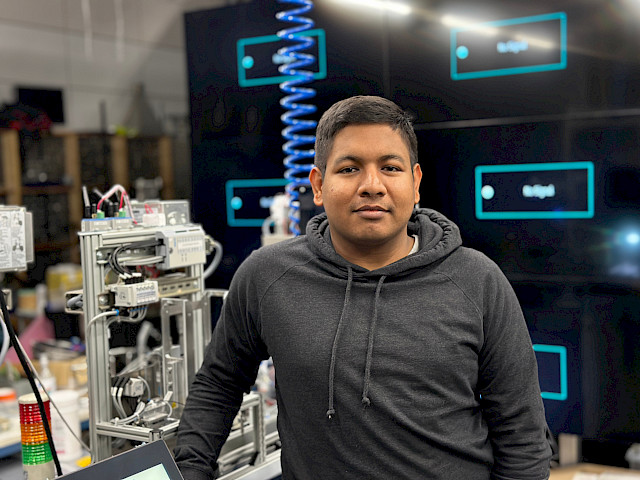
Hassle free integration
“Seamless integration of IT and OT components, and importance of breaking the vendor lock is very crucial for the future of automation because it helps solve or reduce the effects of component shortage, changes in the world economy affecting the logistics industry. Furthermore, this enables industries to have more flexible, interoperable, and modular setups which thereby will help the production move from mass production to mass customization which seems to be a major trend in the industry currently”, explains Jhunjhunwala.
“I think the future of automation is getting increasingly software intensive and software driven. I think working on improving software methods in the current situation prepares me to work in the upcoming software intensive automation world.”
“Quality of automation education in Aalto has been impressive. The modification in content and regular updating of the courses have helped prepare students for the current situation in the automation industry. Right from bachelor level up to doctoral education, automation courses in Aalto are taught keeping in the important theory and practical aspects in mind. Students get chances to work with physical lab demonstrators and perform various exercises which helps them understand the technology better.
I think as an improvement, I would suggest Aalto to add maybe one more course related to Industry 4.0 standards to the master curriculum.”
 Tilaa lehti
Tilaa lehti
